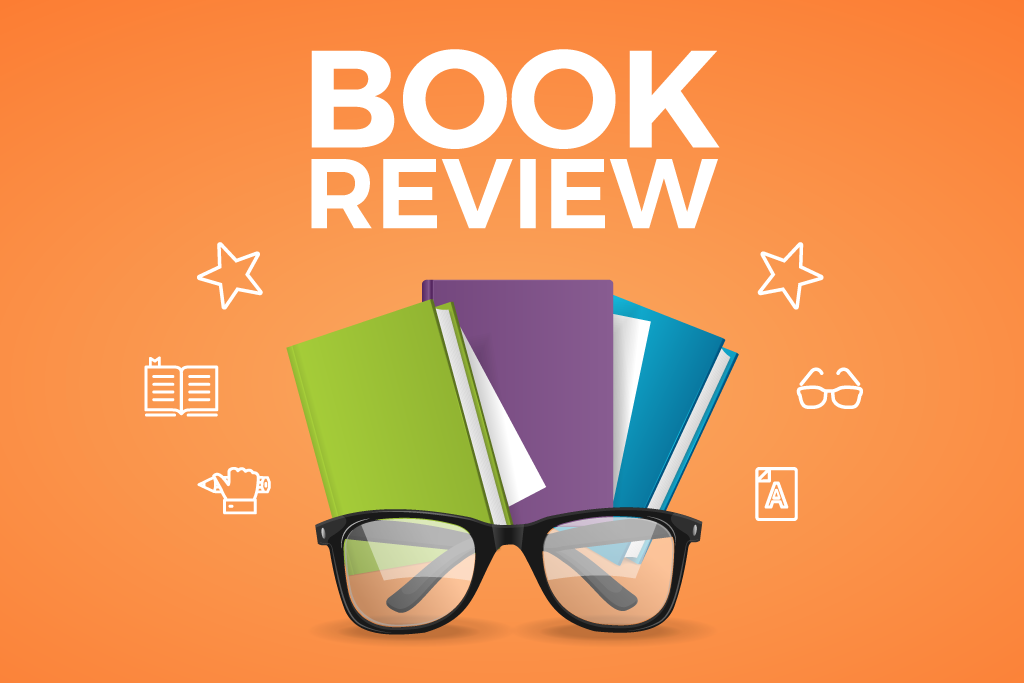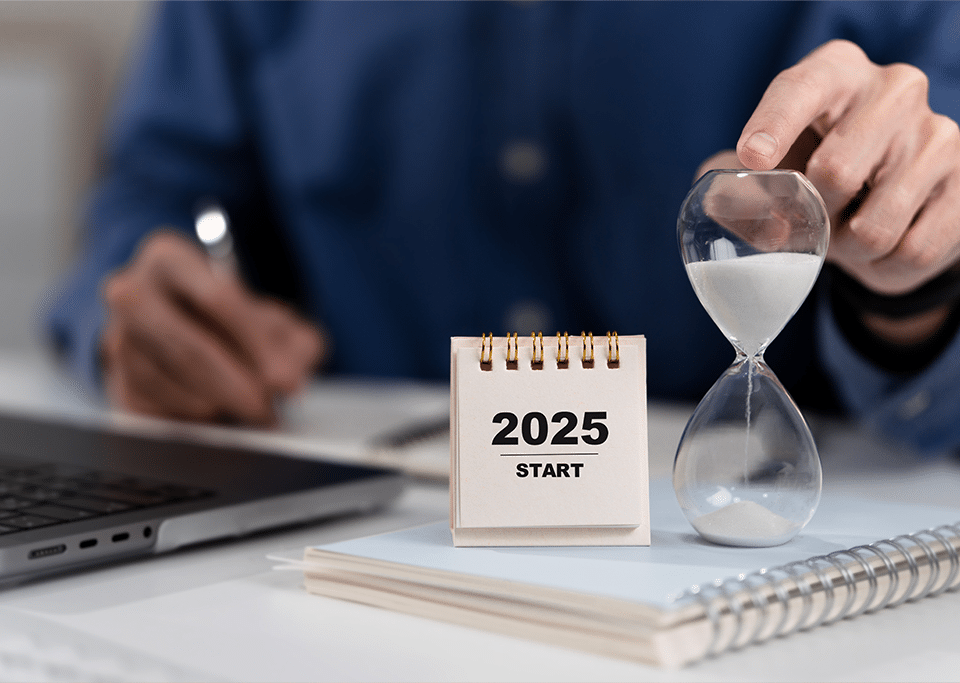
HOME LOANS – PREDICTING THE FUTURE OF INTEREST RATES
April 10, 2024
UNDERSTANDING ECONOMICS – SOME RECOMMENDED READING
April 10, 2024One of the simplest ways to make the most of your money is to have a budget money plan. We hear the word budget bandied around quite a lot, but what does it really mean?
The backstory
In our last newsletter we spoke about spending and how important it is to get a real idea about money going out before creating a budget. So, how did you do?
If you haven’t started on it yet, get to it and write down everything you spend – honestly. It’s no good saying to yourself that you buy one coffee a day when you actually buy two, since it doubles the money going out. Whatever it is, it’s ok, it’s your story; just write it down and account for your spending. Go to our previous newsletter article to get some tips.
The cost of ordinary and vital things like housing, food and other bills creates a lot of pressure for many people, even if they have jobs. Buying things on credit is easy and sometimes we need to because we just don’t have the cash in that moment. It can cause a lot of stress.
It’s a myth that financial stress just happens to people who don’t earn enough money or have lost their jobs. Financial stress can happen to anyone simply because their spending is more than their income. Incorporating a budget into your life can help you to plan for your spending, save for goals that are important to you and be financially fit so that you can focus on your job and live your best life.
Take 5 minutes and check where you’re at by doing our financial wellness quiz.
Your personal money plan
A budget is more than just writing down what you earn and spend; it’s making a personal plan for your (and your family’s) financial future. A secure financial future means you can make choices.
A key consideration in planning your budget is to involve your partner or your family. Kids can learn to understand budget concepts from an early age, and it helps them in their life too. If you have a partner, talking with them about your key priorities and listening to them about theirs can avoid overall friction about money. Ask them to do a spending diary too and talk about the things that are important to you as individuals so that you can make concessions for each other and plans for a future together.
Everyone has different needs and wants. Part of your money plan should consider the needs and wants of everyone involved in the plan. This might involve discussions and sometimes some compromise.
There is no ‘right’ way to get a budget together but before you start, having the right tools will mean the job is likely to be accurate. So, get together your:
- Payslips (record of how much goes into your bank every fortnight)
- Bank statements that show your spending (and income)
- Receipts for things you’ve bought for cash
- Bills and statements
- Notebook or record of daily spending
- Access to a budget calculation tool
Once you’ve got your tools together, use a budget calculator to enter all the information about your income and spending. You can do this on a printed piece of paper or using an electronic tool. If paper is your thing, do a Google search for paper printable budgets, there are lots available for free.
The ADF Financial Services Consumer Centre budget page hosts a great budget calculator on its website with a specific focus for Defence personnel and their families. You can download the budget calculator as a spreadsheet and save it on your computer or use the calculator on the website. Numbers automatically add up, so you can see what’s going out against what’s coming in.
Tools like the Moneysmart budget planner are also a great way to start. It helps you set goals and have an oversight of your financial situation – get control and keep it.
Regular review
A budget is a living document. It’s never done! Set up a regular review date in your diary – usually in line with your pay period. Set a budget date with your partner over a coffee or a nice meal in a pleasant environment, so that it’s linked with a good feeling. A review helps you keep track of any adjustments you might need to make, talk to your partner and/ or family and keep on track to financial success.
Set goals
A great way to make your budget a bit more than managing spending, is to set some goals that focus on things you want to save for. This will be different for everyone. Some goals will be short term, and others longer term. The most important things to think about include those that matter in your life. If you have a family, think about something that is important to everyone and work out how to build savings into the budget. Go to the Moneysmart Savings Goals Calculator to work out how long it will take to save for one of your goals, and then add it to your money plan.
Nobody is going to make you do a budget. There is no legal requirement, no legislation, no rules except that if you don’t think about it, you might get caught out with insufficient money to pay bills and manage costs of living; you might never save; and you may be unprepared for changing financial circumstances in your life. This can make you feel out of control and impacts your focus, work and decisions about important things that could change your life.
Can you afford to ignore the opportunity for financial success? If not, get started with a budget and see what difference it makes!






